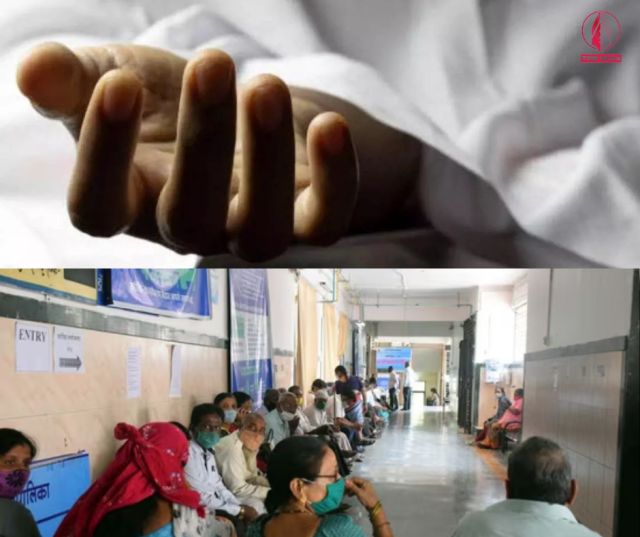First Suspected Guillain-Barre Syndrome Death Reported in Maharashtra's Solapur
- Posted on January 27, 2025
- News
- By Arijit Dutta
- 90 Views
Maharashtra reported its first suspected death due to Guillain-Barre Syndrome (GBS) in Solapur. With 101 cases statewide, Pune and Pimpri-Chinchwad remain hotspots. Health officials stress early diagnosis and hygiene to combat this immune-related nerve disorder.

Maharashtra has recorded its first suspected death due to Guillain-Barre Syndrome (GBS), an immune-related nerve disorder. A man from Solapur reportedly contracted the condition during his visit to Pune, health officials confirmed. This marks the first fatality attributed to GBS in the state.
The Maharashtra health department revealed a sharp rise in GBS cases, with the total climbing to 101 as of Sunday. Among these, 95 cases have been reported from Pune and Pimpri-Chinchwad. Presently, 16 patients are on ventilator support.
The Pune Municipal Corporation (PMC) and Rapid Response Team (RRT) are conducting extensive surveillance in affected areas, particularly Sinhgad Road. Health workers have surveyed 25,578 households, including 15,761 within PMC limits, 3,719 in Chinchwad, and 6,098 in rural Solapur.
GBS is a rare condition characterised by sudden muscle weakness and numbness. The disorder often arises following bacterial or viral infections that compromise immunity. Although prevalent among young individuals and children, experts state that GBS is unlikely to escalate into an epidemic. Early diagnosis and treatment typically lead to full recovery.
The health department has intensified monitoring efforts and issued advisories to residents to seek medical attention for any unusual symptoms, such as muscle weakness or diarrhoea. Officials emphasised the importance of maintaining hygiene to prevent infections that could trigger the syndrome.
Also Read: PM Modi Extends Republic Day Greetings as India Marks 76th Celebration
This development highlights the need for heightened awareness and prompt medical intervention to mitigate the impact of this rare yet serious condition.




